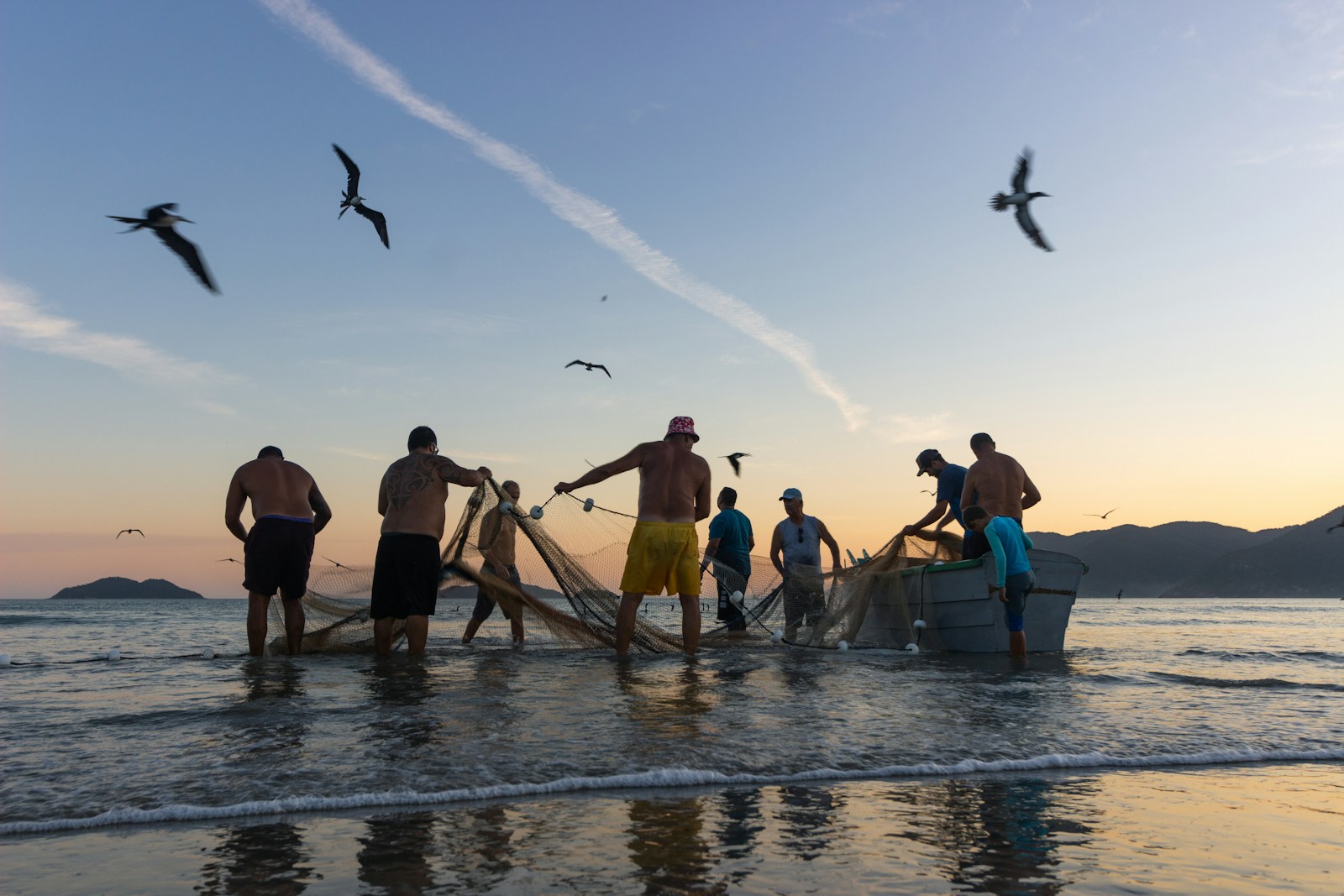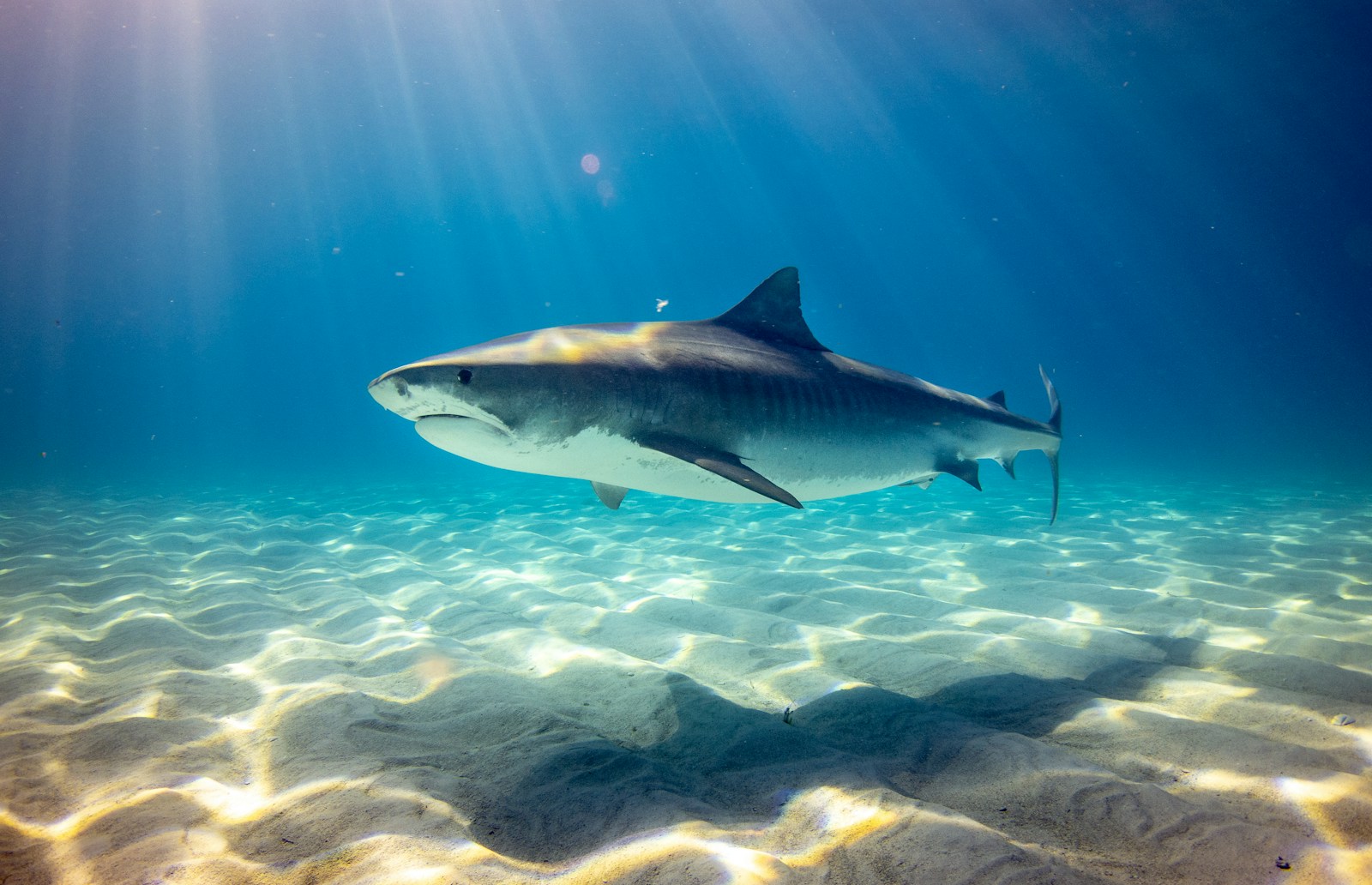A quick search on the National Geographic site reveals incredible stories about France’s Réunion Island, which is east of Madagascar in the Indian Ocean. One article praises the remote isle’s rich bounty of challenging running trails and gorgeous scenery,1 which is a far cry from another piece that was published on October 19, 2005. It told a horrific story of local anglers fishing for sharks using dogs as bait.
The writer relayed this information in graphic detail (which we won’t recount), sourcing footage obtained by the French equivalent of the ASPCA, the 30 Millions d’Amis. As you may expect, the story went viral with the usual embellishments, though these were hardly needed, given what the film and subsequent article revealed. It sparked an outcry and online petitions demanding an end to the practice. The U.K. Parliament even took up a motion against it.
We can verify that the story is true and that some people did, in fact, use dogs as shark bait. However, what is the context of the issue?

Sifting Through the Facts
The 2005 National Geographic article recorded three incidents. The organization has since removed the original piece, though the Wayback Machine site has a copy.2 (Warning: The web page contains graphic content.) It details three cases that the team uncovered. The fishermen involved were amateurs and not professionals. However, the practice isn’t unknown to authorities or locals.
It’s essential to put this story in context to help you make whatever sense of it that you can. Réunion Island has a massive feral dog problem. This has tainted the viewpoint that some people may have of these animals, with many considering them pests or vermin. They don’t hold the same esteem for canines as we do.
Nevertheless, the article drew attention to this problem, which has been a hot-button issue for the Groupement de Réflexion et d’Action pour l’Animal (GRAAL) and the Bridget Bardot Foundation.3 Fortunately, the government of Réunion Island has since banned using dogs as shark bait. It soon prosecuted the first case against a fisherman.
The lingering question is how stringently the government is enforcing the law. However, we can be sure that organizations like GRAAL are monitoring the situation. Nonetheless, other factors add more wrinkles to this matter.

The Problem With Sharks and Tourism
Publicity following the exposé took a toll on the island’s tourism. That motivated locals to take ownership of the situation, and the isle has since rebounded. However, France and Réunion Island have a shark problem, and overfishing has profoundly impacted certain species, prompting the Shark Alliance to issue a call for action.4
Populations of species like the porbeagle shark (Lamna nasus) and spiny dogfish (Squalus acanthias) have declined in recent years to vulnerable levels. The International Union for Conservation of Nature and Natural Resources has classified the former as critically endangered. These facts would seem to place additional pressure on France to protect sharks and perhaps lessen the dogs’ risk.
However, circumstances never are all that they may seem. The untimely death of 13-year-old surfing star Elio Canestri by a shark in 2015 has put France in an uncomfortable position yet again, and the data is sobering.5 Réunion Island has seen 27 cases of unprovoked shark attacks between January 2000 and September 2016, the worst in the world. It’s easy to see the collision course between tourism and sharks.
The French government has acknowledged the challenge that it presents, with the eradication of the animals off the table. That said, recent information on dogs used as shark bait is lacking. The silence can be deafening for animal rights activists and makes some people wonder about the law’s enforcement, given the confounding factors. However, we know that the practice occurred previously and that the government has responded to the outrage.

What You Can Do
We know that the French Embassy in Washington, D.C. is aware of the issue. Locals are also aware of its complexities, given the other unintended consequences of protecting shark populations. While people started petitions urging better enforcement, most have since ended. Our advice is to reinforce your support of the bait ban and increased law enforcement regarding this issue.
Avoid buying any shark products, particularly those caught in other countries like Canada. Some places may still catch vulnerable species despite their conservation status, which warrants your actions. Otherwise, it’s impossible to know if baiting with dogs has ceased. However, you can keep the issue on the radar to increase awareness.

Final Thoughts
Sadly, conflicts exist between the actions that we consider acceptable and those of other cultures. Nevertheless, we hope that we can find common ground in respecting the animals that have a long history of human companionship. The situation in Réunion Island is one example of the complexity of these issues. Perhaps awareness can protect the dogs of this tropical island from a cruel fate.
- Related Story: What Is the Dog Meat Trade?
Featured Image Credit: Gerald Schömbs, Unsplash


















